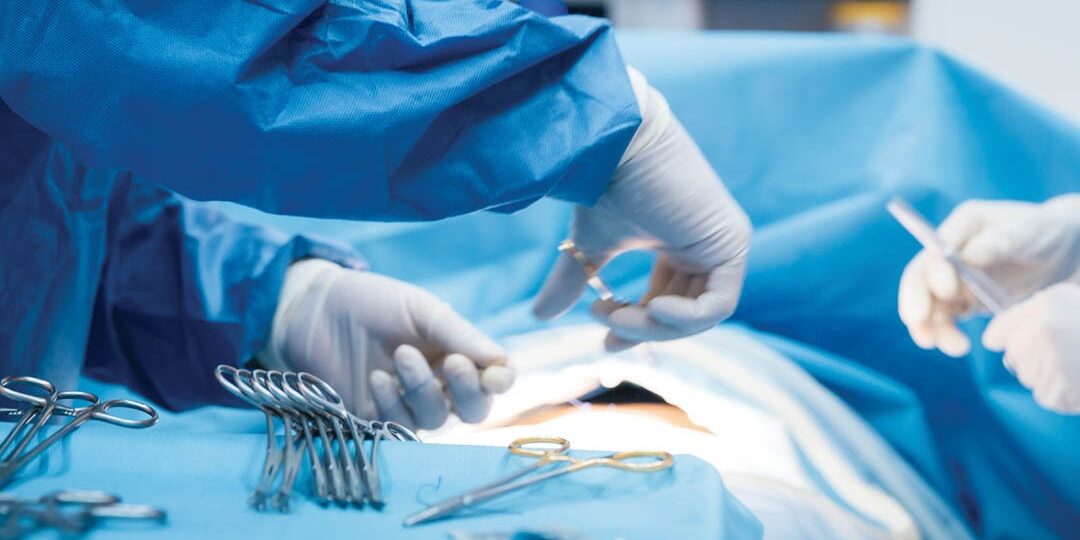Answered by Muftī Yūsuf Badāt
Question:
What is the ruling and explanations relating to autopsies? Is it permissible? Is it permissible to use a dead person’s organs to learn about the human body?
Answer:
In the Name of Allāh, the Almighty, the Most Merciful, the Most Kind.
Thank you/ Jazāk Allāh Khayr for contacting Mathābah for your question.
In Islam, the same honour and respect we give to someone alive, we must also give to the bodies of the deceased. In general, it is prohibited in Islam to tamper, dismember, dismantle and disfigure a body. This constitutes violation of the human body and its sacredness, under Islamic law. Therefore, autopsies of bodies are prohibited. The only exception to this rule would be a pressing necessity such as a legally mandated autopsy by the government, to uncover forensic evidence in a murder case or an unexplained death, or to study a disease the dead person suffered prior to death. – (See: Rad Al-Muẖtār, Vol 3, Page 532, Dār Al-Fikr[1], Maqāsid Al-Shari’ah, Al-Ma’had Al-Orubīy, Page 25[2], Al-Qawāid Al-Fiqhiyyah, Page 31, Dār Al-Tirmidhī)[3]
The Islamic Fiqh Academy permits post-mortem and autopsy for medical research and education provided consent was obtained from the person prior to his or her demise, the post-mortem only be conducted as per the necessity, females post-mortem be conducted by females and the burial of the body must take place. – (See: Fatāwā Dār Al-‘Ulūm Zakariyyah, Vo- 6, Page 781, South Africa)
“And we bestowed dignity on the children of Adam” – (Qur’ān 17:70)[4]
“Breaking the bones of a dead person is just as breaking the bones of a person who is alive.” – (Abū Dāwūd 3207)[5]
[1] الضَّرُورَاتُ تُبِيحُ الْمَحْظُورَاتِ
[2] حفظ النفس وهو حفظها من جميع أسباب التلف والفساد – مقاصد الشرعية لعبد الله بن يوسف الجديع ص ٢٥
[3] الضرر يدفع بقدر الإمكان – القواعد الفقهية ص٣١ دار الترمذي
[4] وَلَقَدْ كَرَّمْنَا بَنِي آدَمَ – سورة الإسراء ٧٠
[5] عَنْ عَائِشَةَ أَنَّ رَسُولَ اللَّهِ صلى الله عليه وسلم قَالَ كَسْرُ عَظْمِ الْمَيِّتِ كَكَسْرِهِ حَيًّا – رواه أبو داؤد ٣٢٠٧







